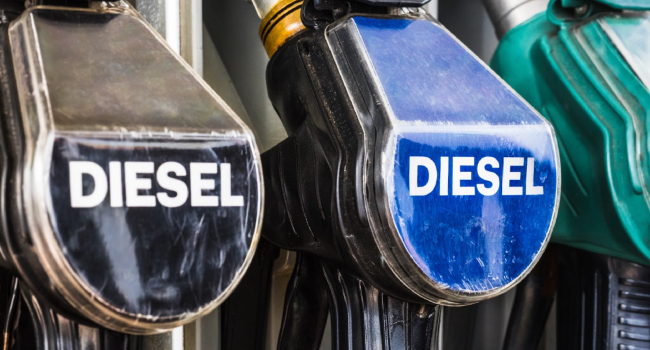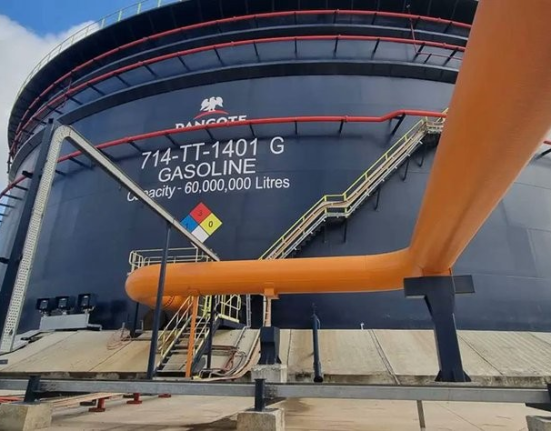The National Bureau of Statistics (NBS) has reported a slight decline in the average retail price of Automotive Gas Oil, commonly known as diesel, across Nigeria, as the country continues to navigate the complexities of its post-subsidy economic landscape.
According to fresh data released by the bureau, the average cost of a litre of diesel dropped from ₦1,813.81 in June 2025 to ₦1,789.45 in July — reflecting a marginal decrease of ₦24.36. Although the reduction may appear modest, it comes as a notable development for transport operators, manufacturing companies, and small businesses that rely heavily on diesel to power operations amid ongoing electricity challenges.
Market observers say the slight price drop could be attributed to improved supply dynamics, reduced importation bottlenecks, and mild fluctuations in global oil prices over the past month. However, stakeholders have cautioned that the change, while welcome, is not yet significant enough to ease the broader economic pressure on consumers and businesses.
The diesel market in Nigeria has remained deregulated, meaning prices are largely determined by market forces such as international crude oil benchmarks, foreign exchange rates, and transportation costs. With the naira experiencing some volatility in recent weeks, analysts believe that sustained diesel price relief would require a combination of local refining capacity and a more stable exchange rate.
In several states, especially in the South-West and parts of the North, diesel continues to retail above the national average, depending on local distribution logistics and dealer pricing.
Nonetheless, the NBS figures point to a minor easing of cost pressures in the energy market — a trend some experts hope will continue in the months ahead, especially with increased domestic refining efforts expected from facilities like the Dangote Refinery.
For many Nigerians, particularly commercial drivers and small-scale producers, even a small dip in diesel prices can translate into reduced operating costs. Still, expectations remain high for broader energy sector reforms that will offer more sustainable relief in the long term.


